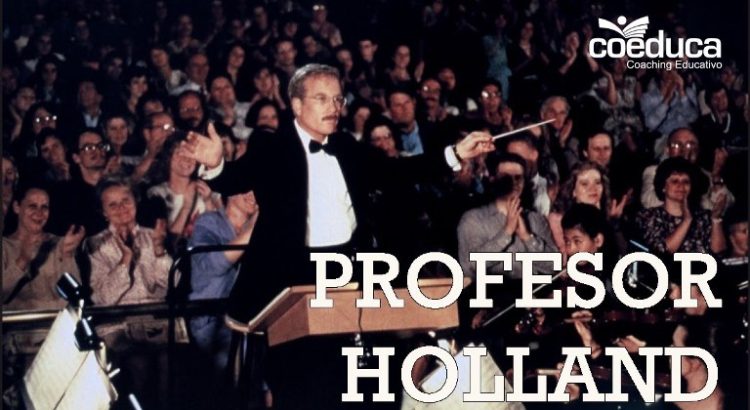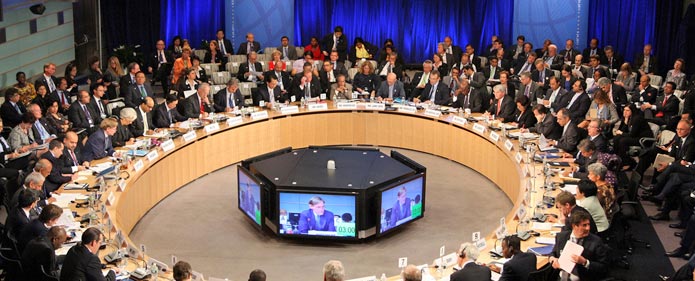America del Norte/EE.UU/14 de octubre de 2016/www.geneticliteracyproject.or
Resumen: A partir de octubre de 14-16, el año 2016 , un grupo de activistas del medio ambiente será la sede de un tribunal de imitación en La Haya pretender enjuiciar a Monsanto por crímenes contra la humanidad. La empresa con sede en Missouri vende semillas y pesticidas ingeniería genética, lo que les hace el enemigo número 1 de los activistas contra la tecnología que dirigen el movimiento ambiental global.

From October 14-16, 2016, a group of environmental activists will host a faux tribunal in The Hague to pretend to prosecute Monsanto for crimes against humanity. The Missouri-based company sells both genetically engineered seeds and pesticides, which makes them Enemy No. 1 of the anti-technology activists who lead the global environmental movement.
The International Monsanto Tribunal is being spearheaded by some of the most notable anti-GMO activists in the world, including Vandana Shiva, a philosopher and author who makes $40,00 a speech telling phony stories about Indian farmers committing suicide because they planted genetically modified seeds. The stunt (held in a small school in The Hague, not the International Criminal Court) will “hold Monsanto accountable for human-rights violations, for crimes against humanity, and for ecocide.”
Fake judges will listen to “testimony” from alleged victims to “get a ruling — even symbolic — against Monsanto to bring justice to victims of multinationals.” A few dozen activists from around the world will claim injuries from the herbicide glyphosate (originally under patent by Monsanto as Roundup) or “contamination” from GMO crops, as if such a thing exists; of course any judgment will have no legal standing whatsoever. But it will undoubtedly earn media attention from agenda-driven reporters sympathetic to the cause, and it will convince some people the whole thing is legit.
One of the groups organizing the kangaroo court is the Organic Consumers Association, a nonprofit based in Minnesota. While its name may connote suburban moms and Millennials, it’s far from it. The OCA is one of the most virulent campaigners against science and innovation, opposing nearly every benefit of modernity from vaccines to chemicals. The group claims to represent “over 2 million members, including several thousand businesses in the natural foods and organic marketplace.”
 Its biggest foe is modern agriculture, genetically engineered crops in particular. The OCA started the annual Millions Against Monsanto march held in major cities around the world to protest “the biotech industry’s contamination of our food supply and destruction of our environment.” (Despite its name, this year’s march in Chicago attracted only a few dozen stragglers.)
Its biggest foe is modern agriculture, genetically engineered crops in particular. The OCA started the annual Millions Against Monsanto march held in major cities around the world to protest “the biotech industry’s contamination of our food supply and destruction of our environment.” (Despite its name, this year’s march in Chicago attracted only a few dozen stragglers.)
The OCA wants a global moratorium on genetically engineered foods and crops, accepting the myth that they harm human health and nature, although thousands of scientific studies attest to their safety and overall benefit to the environment. The group, allied with many activists ONG such a Greenpeace, inhumanely opposes fortified crops such as golden rice, a plant being developed to help ease the scourge of Vitam A deficiency, which debilitates millions of malnourished children each year in the global South.
At the Paris climate conference in December 2015, OCA president Ronnie Cummins announced the Monsanto Tribunal alongside other environmental activists, blaming climate change on — of course — big corporations involved in farming and food: “Why is there so much carbon dioxide, methane, and nitrous oxide in the atmosphere and not enough carbon organic matter in the soil? Corporate agribusiness, industrial forestry, and agricultural biotechnology have literally killed the climate-stabilizing, carbon-sink capacity of the Earth’s living soil.”
But it’s not just corporations that the OCA is going after. Over the last few years, they’ve funded a front group called U.S. Right to Know to attack public scientists communicators who research and teach biotechnology. USRTK is using Freedom of Information Act (FOIA) requests to try to dig up dirt and smear prominent scientists who speak out in favor of genetic engineering.
The group has filed FOIA requests targeting nearly four dozen public scientists and communicators from prominent universities including Harvard, Stanford, and the University of Illinois, looking for any collaboration between the researchers and the biotech industry. [It’s also targeted GLP executive director Jon Entine] USRTK is particularly focused on the University of California-Davis, one of the top agricultural-sciences schools in the world, and it has served UC-Davis with 17 public-records requests since early 2015. In multiple demands over the last 18 months, USRTK sought e-mails from eleven UC-Davis professors and staffers, requesting all correspondence between staff and companies such as Monsanto and Syngenta, PR firms associated with the biotech industry, and even the Bill and Melinda Gates Foundation, which funds crop projects around the world.
Kent Bradford, director of UC-Davis’s Seed Biotechnology Center, hit back. “We are not a ‘sock puppet’ or a ‘shill’ for anyone. We strongly reject USRTKs fundamental premise that public–private collaborations are conspiracies. . . . I am not concerned about the content of our communications, although I cannot prevent selective editing by USRTK in their attempts to justify their false conspiracy theories.” Despite finding no proof that industry influenced the targeted scientists in any inappropriate way, USRTK twisted e-mails to defame some scientists and inflict serious damage on their reputations. At USRTKs prompting, the scientists have been relentlessly harassed and have even received death threats from anti-GMO activists.
Not only is USRTK diverting researchers from doing their job and creating lots of work for campus lawyers, but the group expects the university to pay for it: Speaking for USRTK, “a nonprofit food-research organization,” its head Gary Ruskin requested that UC-Davis scientists “waive all fees in the public interest because . . . this will primarily benefit the public.” But while USRTK cries poor, the group apparently has money to hire lawyers to sue UC-Davis for not fulfilling the FOIAs fast enough; they filed a lawsuit in August demanding that UC speed up its FOIA process.
Phony tribunals and FOIA fishing expeditions show the desperation of the decaying anti-GMO movement. Now that the science confirms the safety and potential of biotechnology (see the National Academy of Sciences report of May 2016), anti-GMO activists can only resort to childish pranks and gutter-level tactics to stay relevant. Even the Luddites would cringe.
Tomado de: https://www.geneticliteracyproject.org/2016/10/12/crimes-humanity-behind-international-monsanto-tribunal-circus/















 Users Today : 32
Users Today : 32 Total Users : 35460295
Total Users : 35460295 Views Today : 42
Views Today : 42 Total views : 3419010
Total views : 3419010